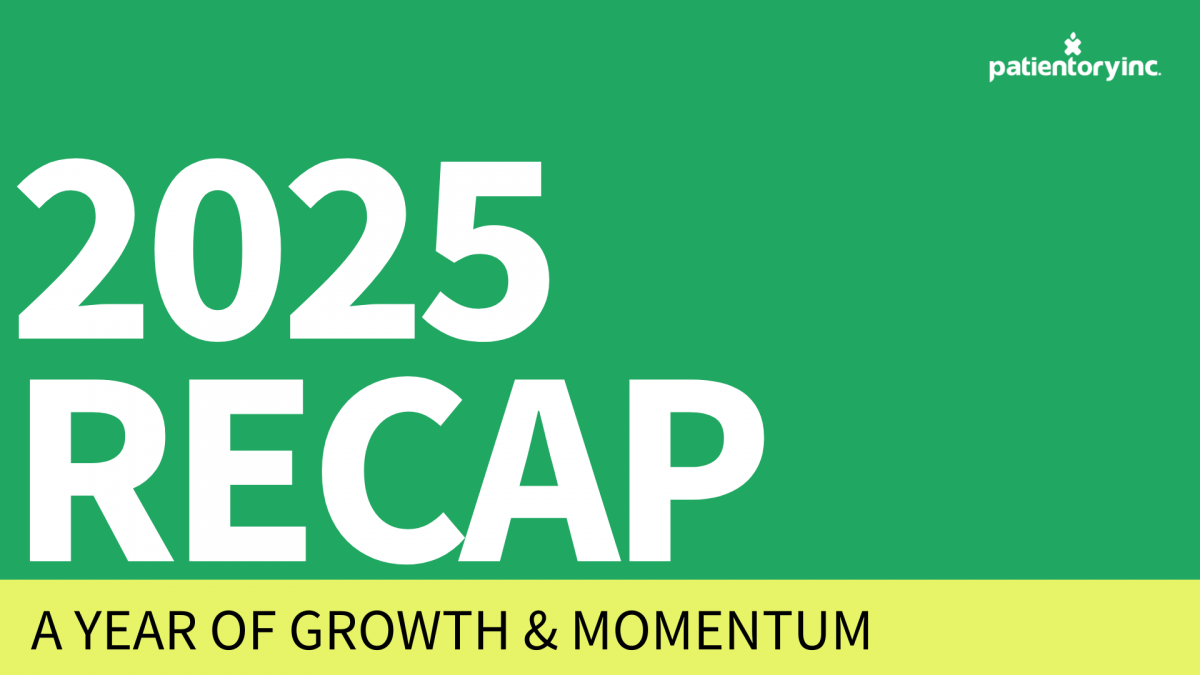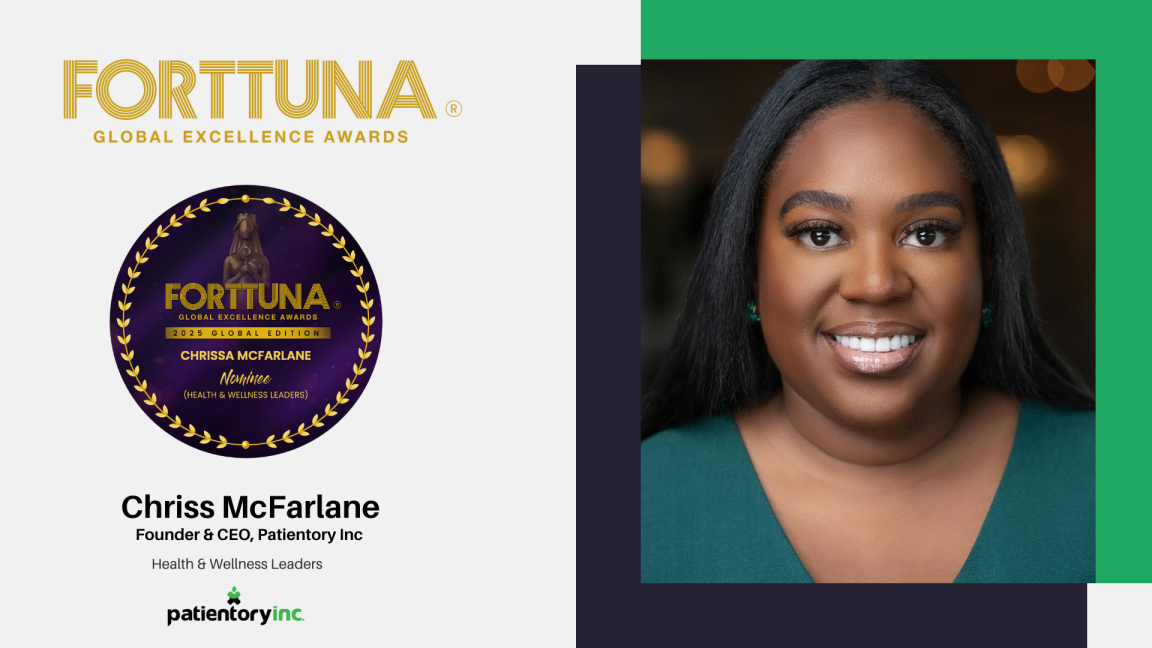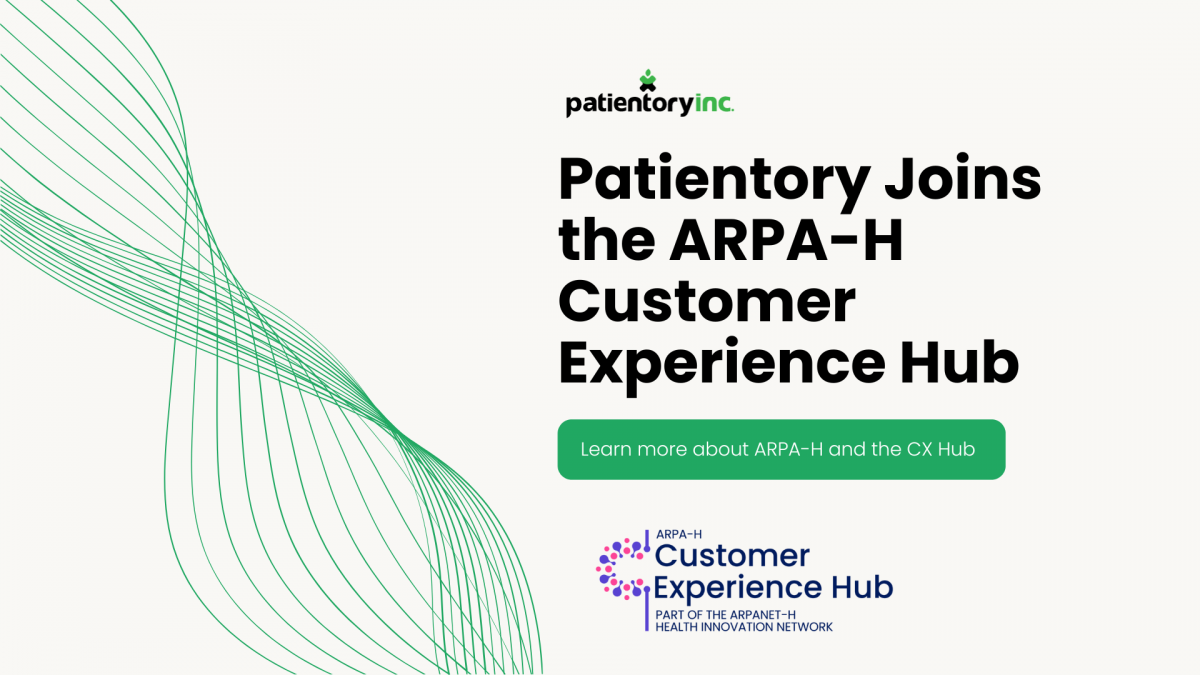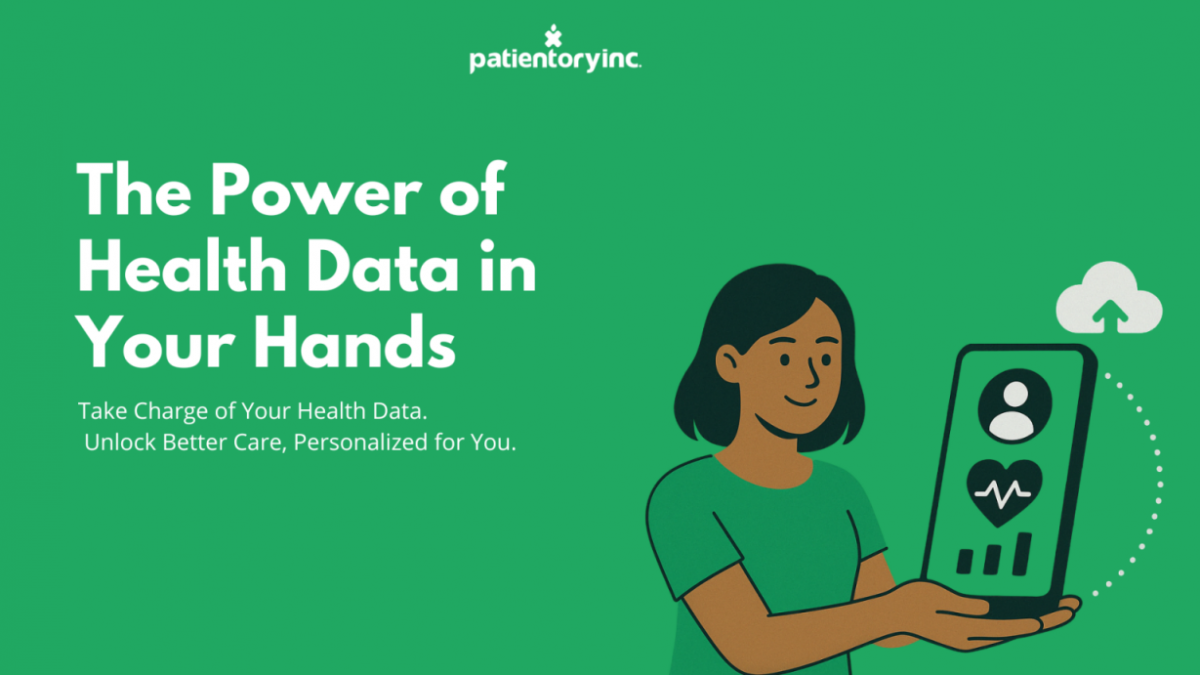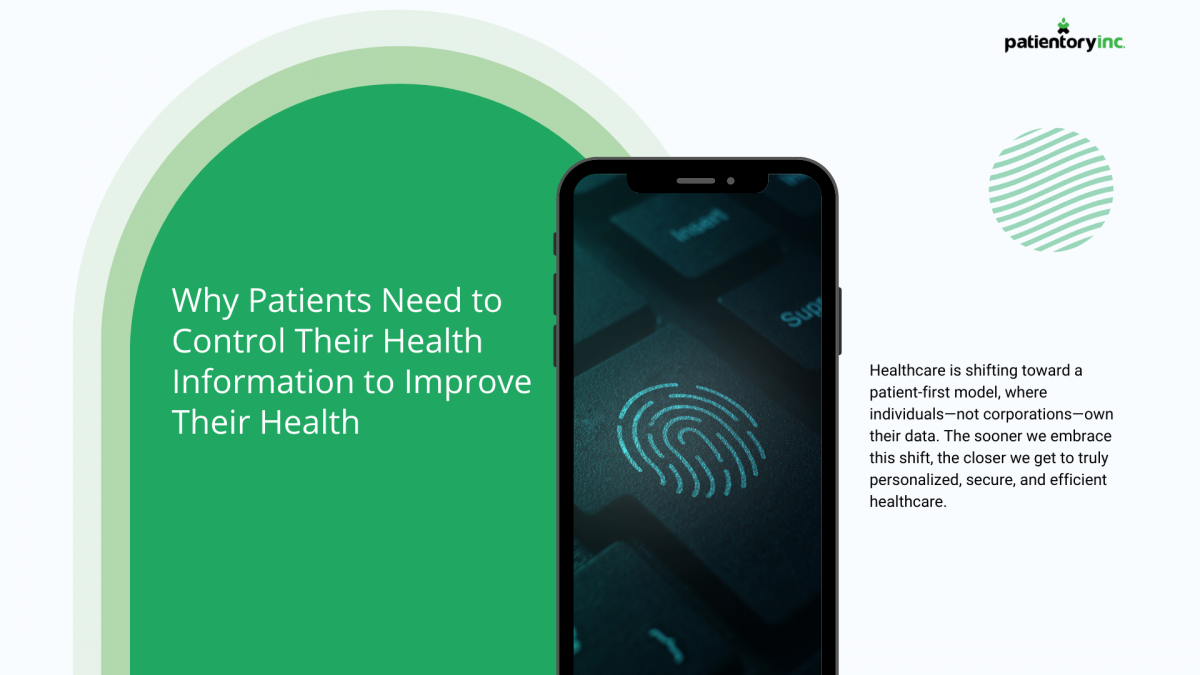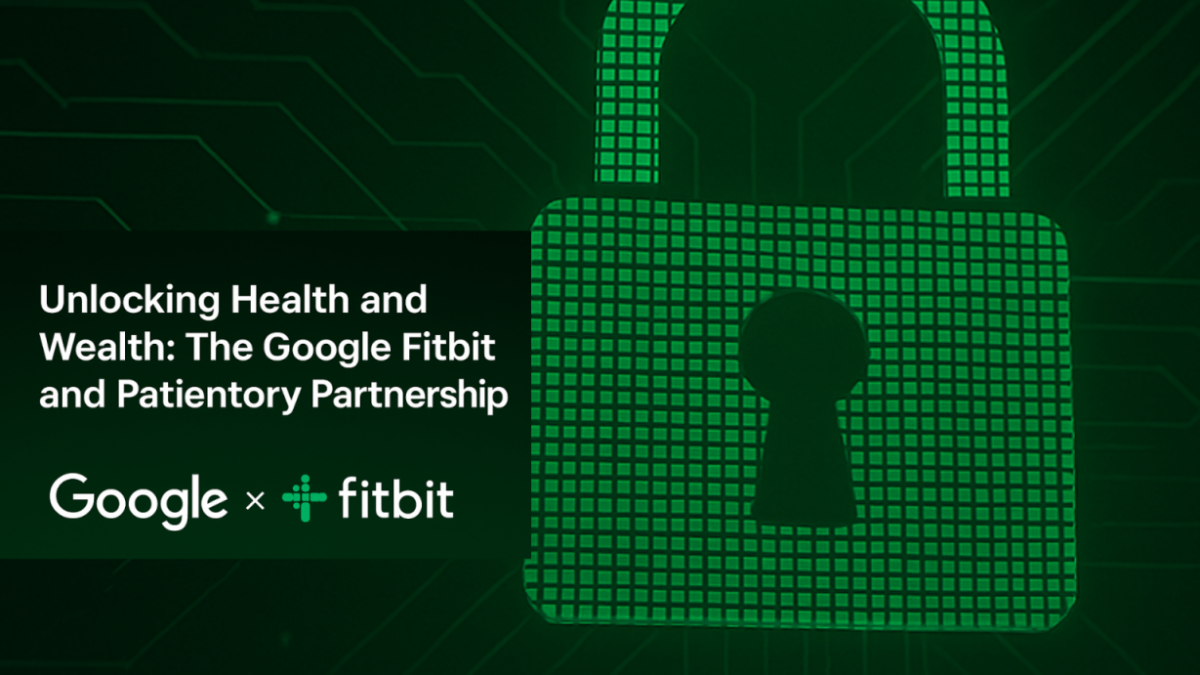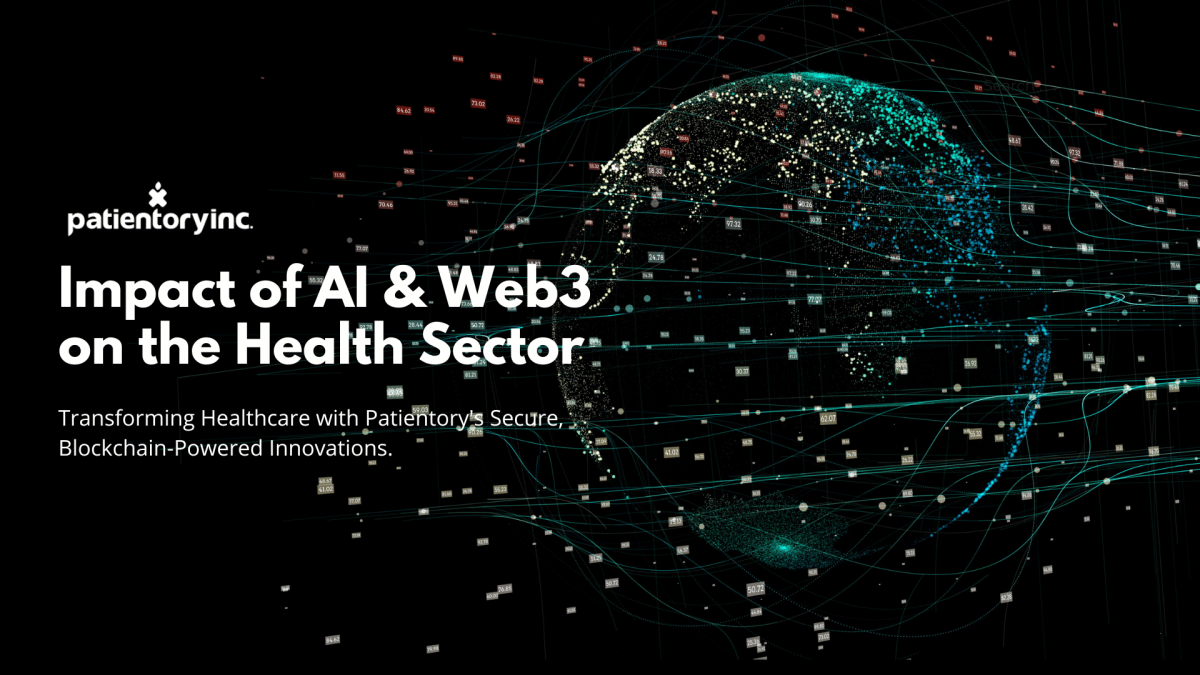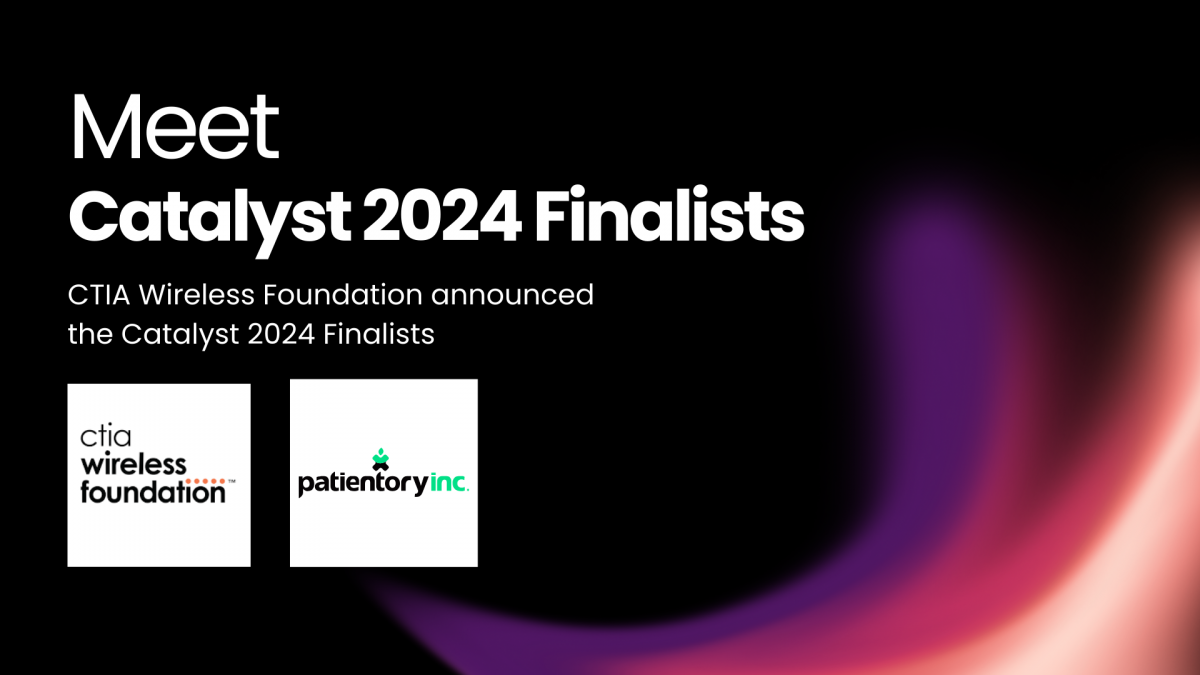In today’s digital era, healthcare is becoming more personalized, data-driven, and interconnected. Yet, despite technological advancements, many patients still lack control over their own health information. Your medical records, lab results, and treatment history often remain locked within hospital systems, accessible only when providers allow it.
But what if you owned your own health data—what could that mean for your well-being? Better care, faster diagnoses, and more personalized treatment. It’s time for patients to take charge of their health information and use it to improve their quality of life.
The Problem: Patients Are Disconnected from Their Own Health Data
Most healthcare providers store patient records in fragmented, siloed systems, making it difficult for individuals to access or share their data when needed. This lack of ownership leads to:
Delayed Diagnoses – Without instant access to medical history, new doctors must repeat tests and procedures, wasting time and money.
Poor Care Coordination – Specialists, primary care physicians, and hospitals may not have the same records, leading to miscommunication and treatment delays.
Medication Errors – Patients without access to their prescription history may face risks of incorrect dosages or drug interactions.
Limited Preventative Care – Many chronic conditions could be prevented or better managed if patients had real-time access to their health metrics.
How Owning Your Health Data Improves Your Health
Taking ownership of your medical records empowers you to make informed decisions about your healthcare. Here’s how:
✔ Faster, More Accurate Diagnoses – When you control and share your complete medical history with any provider, you reduce unnecessary tests and speed up treatments.
✔ Better Chronic Disease Management – Access to real-time health data allows for proactive monitoring of conditions like diabetes, hypertension, and heart disease, leading to improved outcomes.
✔ Personalized Treatment Plans – AI-driven healthcare tools can analyze your data and tailor treatments specifically to your needs, rather than relying on a one-size-fits-all approach.
✔ Stronger Preventative Care – Wearable devices and remote monitoring tools enable you to track health metrics in real time, helping you detect early warning signs of illness.
✔ Increased Privacy & Security – With blockchain-based health data platforms, you decide who has access to your data and how it’s used, reducing risks of breaches and unauthorized sharing.
The Role of Digital Health & AI in Patient Data Ownership
Emerging technologies like blockchain, artificial intelligence (AI), and remote patient monitoring (RPM) are revolutionizing healthcare. Patients who own their health data can leverage these innovations to optimize their well-being.
📊 AI-powered health insights can help detect patterns in chronic conditions and suggest early interventions.
🔗 Blockchain technology provides secure, patient-owned digital health records, reducing administrative burdens and ensuring accuracy.
📡 Remote monitoring devices allow for continuous tracking of vital signs, keeping patients and doctors informed in real time.
How to Take Control of Your Health Data Today
🔹 Request Your Medical Records – Under HIPAA, you have the right to obtain and store your health data.
🔹 Use Health Apps & Wearables – Leverage smart devices to track your health and store your information securely.
🔹 Choose Blockchain-Based Health Platforms – These systems ensure decentralized, patient-owned medical data access.
🔹 Advocate for Patient Data Rights – Support policies that promote transparency and patient ownership in healthcare.
The Future of Healthcare Belongs to Empowered Patients
Owning your health information isn’t just about convenience—it’s about improving your health, reducing risks, and enabling personalized, proactive care. The future of medicine is patient-driven, and the sooner you take control of your health data, the better your outcomes will be.
The Future of Healthcare: Patients in Control
The 23andMe breach is just one example of why patient data ownership is critical in the digital age. Your health data should not be a commodity for corporations—it belongs to you. As AI, blockchain, and digital health platforms continue to evolve, patient-controlled healthcare will become the standard.
💡 The future of medicine is not just personalized—it’s patient-owned. The time to take control is now.
💡 Your health data is yours—own it, use it, and thrive.


